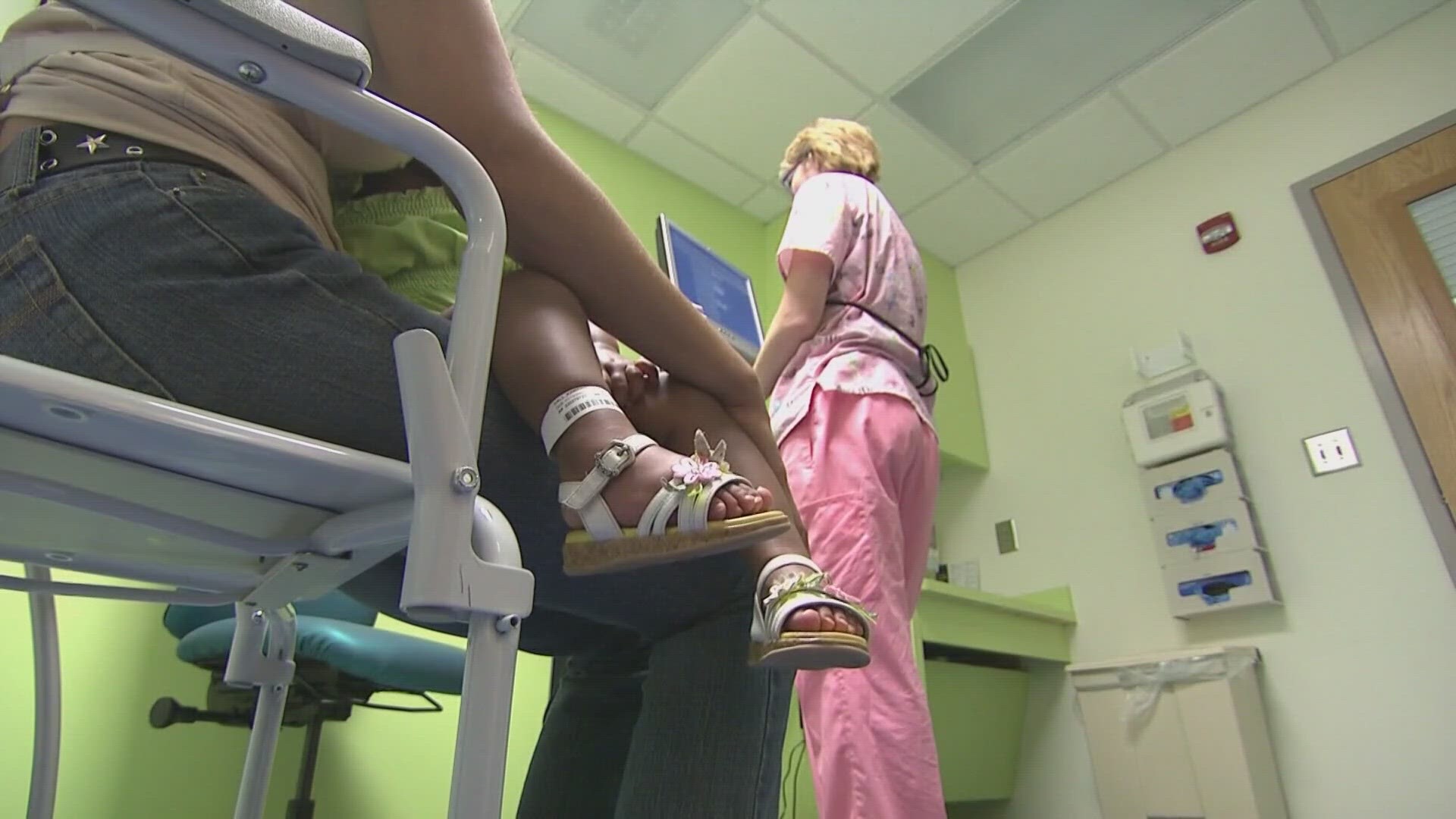ODESSA, Texas — It's the uninvited guest that shows up every year.
This year's respiratory illness season- is no exception.
Respiratory syncytial virus, or RSV, is a "common respiratory virus that usually causes mild, cold-like symptoms," according to the Centers for Disease Control and Prevention.
According to Brianna Romero, the Infection Control Manager with the Odessa Regional Medical Center, the healthcare institution witnessed an increase in RSV cases in the area during this season.
"We had quite a bit of a spike in December and January, and then it somewhat mellowed out, kind of plateaued a little bit now during February," Romero said. "But it has definitely been prominent in the younger-aged children."
Although there's been in uptake in RSV cases at ORMC in comparison to nearly two years ago, hospitalizations caused by the virus have not increased, according to Romero.
One of the populations that is the most vulnerable to this respiratory virus are babies that are under 30-days-old or infants that are obligate nose breathers, according to Kandice Herr, a Care Coordinator with the Medical Center Hospital.
"With babies, watch for fussiness with eating or not wanting to eat," said Herr. "Watch for their ribs, you're going to see them pulling at their ribs and they're going to have retractions. [...] They're also not going to have as many wet diapers because they are not intaking. those are all very serious and they need to be addressed."
Other symptoms of RSV can affect the general public include:
- Runny nose.
- Decrease in appetite.
- Coughing.
- Sneezing.
- Fever.
- Wheezing.
There are precautions and health measures some health experts recommend. Dr. Sara Safarzardeh Amiri with the ORMC advises people to prevent the infection from spreading by keeping children home from daycare or school when they show signs and symptoms. It's also important for people to wash their hands frequently, covering sneezes and coughs and cleaning surfaces to prevent the transmission.

